Onions are a staple food additive around the world, valued for their flavor-enhancing properties in a variety of dishes. Who doesn't love Salad with Onions or Meatballs with Onions. Onion soup is king among unpretentious but delicious dishes.
But what often goes unnoticed and underappreciated are the humble onion peels. Before you toss them in the compost bin, you might want to think again.
Onion peels are a hidden treasure trove of benefits and uses that can add value to your culinary and even non-culinary endeavors. Let's dive into the surprising world and uses of onion peels.
Composition of onion peels
Onion peels are more than waste material; they are a source of valuable nutrients and compounds. They contain flavonoids, such as quercetin, which have antioxidant properties that can help fight free radicals in the body. In addition, onion peels contain dietary fiber and can contribute to your daily fiber intake by aiding digestion and maintaining gut health.
Use of onion peels in cooking
Aromatic onion broths
Onion peels can be used to create a rich and flavorful base for chicken soups, all kinds of stews and broths. When steamed, they release a subtle onion flavor and a golden hue, enhancing the taste and appearance of your dishes.
Natural food coloring
Grinded onion peels can be used as a natural food coloring, adding a warm, earthy color to a variety of dishes, including rice, pastries and baked goods.
Onion peel tea and infusions
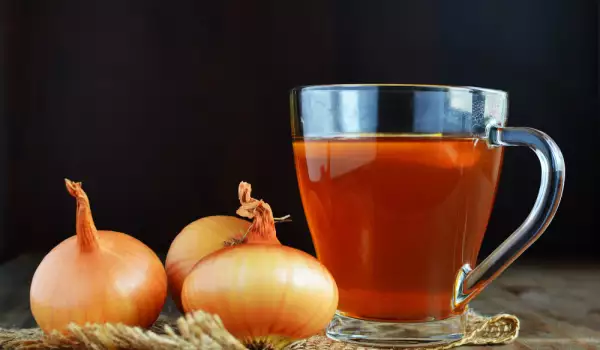
Onion Peel Tea is a popular homemade remedy known for its potential health benefits. It can be prepared by soaking dried onion peels in hot water, offering a mild, herbal flavor. Some claim it can help relieve cold symptoms and improve respiratory health.
Non-culinary uses of onion peels
Painting with onion peels
Onion peels are used traditionally as a natural dye for fabrics and Easter eggs. The reddish-brown hue they provide is both unique and eco-friendly.
Onion peels in gardening
The nutrients in onion peels can benefit the garden. When adding onion peels to compost or when used as mulch, they help enrich the soil and can help deter certain pests due to their natural repellent properties.
Onion peels for health and beauty
Onion peels can be used in homemade skin care products. They are thought to have anti-inflammatory and antioxidant properties that can benefit your skin.
Household cleaning with onion peels
The natural compounds in onion peels can be used for cleaning. They can be used to create eco-friendly cleaning solutions that are safe for your home and the environment.
Collection and storage of onion peels
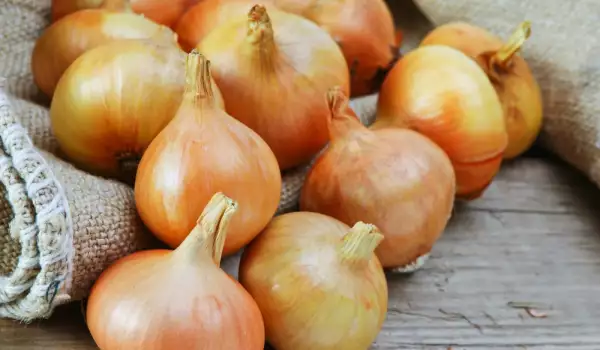
Whenever you use onions in cooking, store the peels in an airtight container. You can use them fresh or dry them for longer storage.
Drying onion peels
Spread the flakes out on a baking paper and let them air dry or use a food dehydrator. Once they are completely dry, store them in a cool, dry place.
Powdered onion peels
Grind the dried peels into a fine powder using a coffee grinder or blender. It can be used as a spice or food coloring.
In conclusion, onion peels are a versatile and underrated kitchen resource. They offer nutritional benefits, add flavor to your meals, and can be used in a variety of non-culinary applications. So the next time you're preparing aromatic onions for your food, don't throw away those skins – put them to good use and unlock their hidden potential.
Whether in your cooking, gardening or DIY projects, onion peels are valuable. They are a sustainable addition to your repertoire. It's time to peel back the layers of this often overlooked kitchen companion and embrace its many benefits and uses.
So the next time you make Stuffed Onions, Onion Rings, or Onion Stew, don't throw away the skins, save them instead.
Read more: Why We Should Eat More Onions Every Day
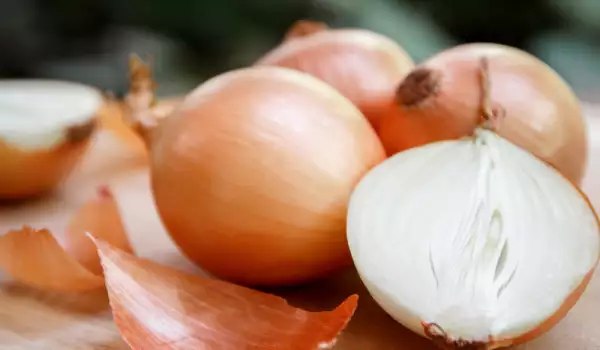



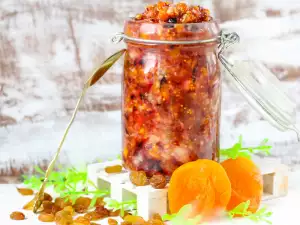
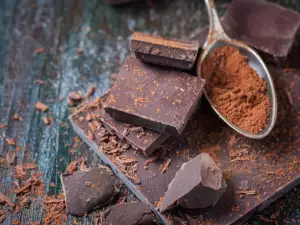
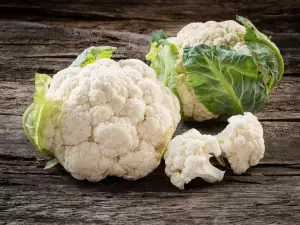
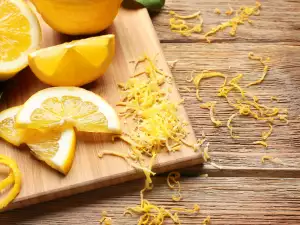
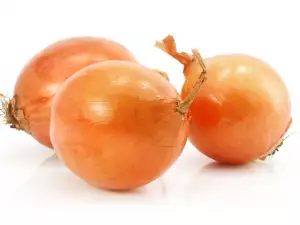


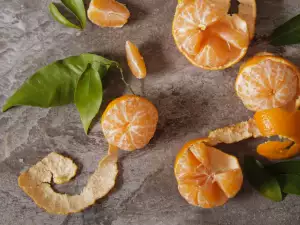
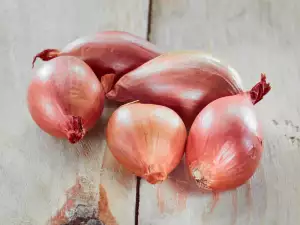
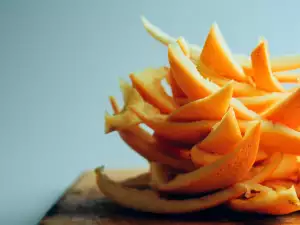
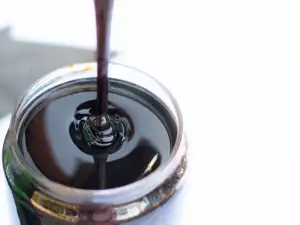
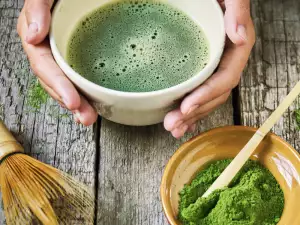




Comments